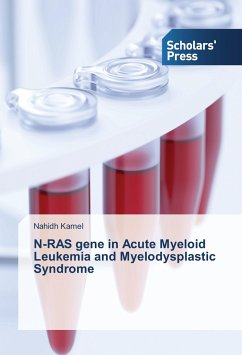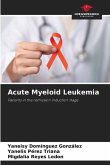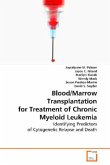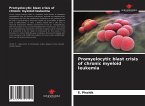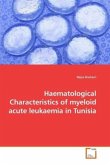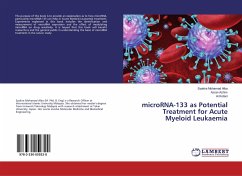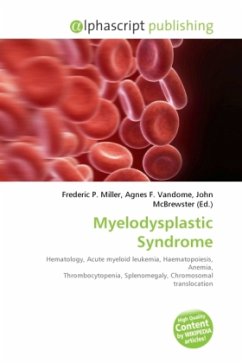N-RAS gene mutations are the most commonly detected molecular abnormalities in hematologic malignancies, especially in those of myeloid origin. RAS proteins possess intrinsic GTPase activity that regulates cellular proliferation by cycling between active guanine triphosphate (GTP bound state) and inactive guanine diphosphate (GDP bound states). Point mutation of N-RAS gene resulting in loss of the intrinsic GTPase activity and RAS proteins locked in an active state (GTP bound state), leading to the uncontrolled, growth factors independent proliferation of hematopoietic progenitors. All point mutations of the N-RAS genes occurred at different nucleotides of codons 12, 13, or 61. Current study aimed to determine the frequency of N-RAS mutation and its correlation with P21N-RAS protein expression, clinical and hematological parameters in patients with acute myeloid leukemia (AML) and Myelodysplastic syndrome (MDS) in Iraq.
